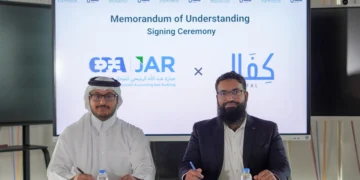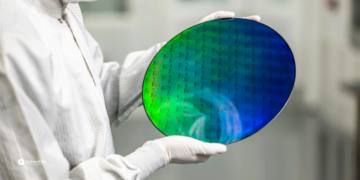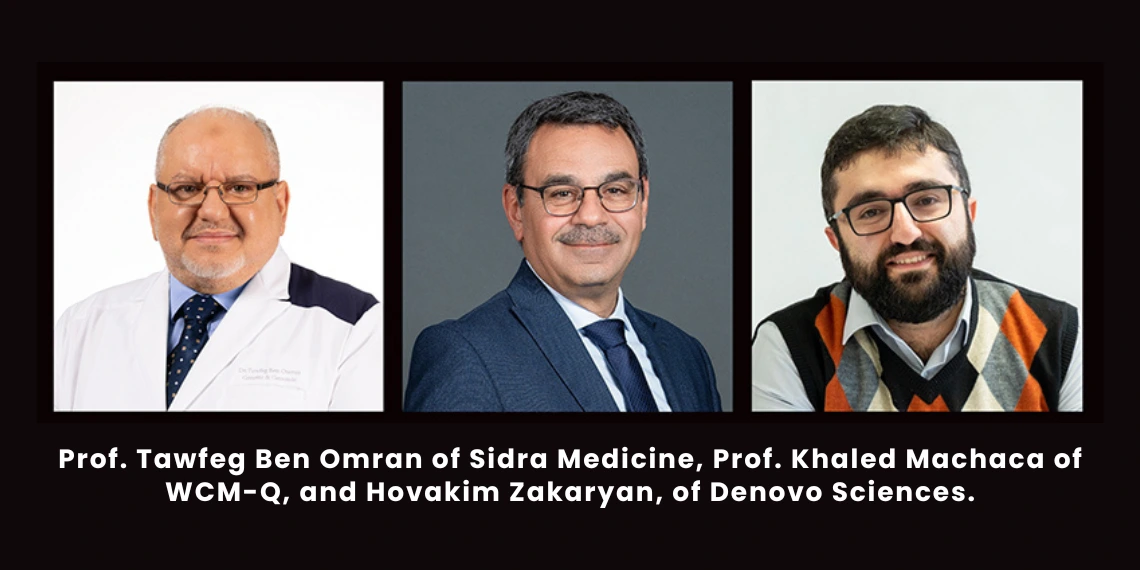Denovo Sciences, Sidra Medicine and Weill Cornell Medicine–Qatar (WCM-Q) have announced a research collaboration to identify and develop novel drug candidates for homocystinuria, a rare inherited metabolic disorder with unusually high incidence in Qatar. The partnership targets a clear unmet need in the Middle East and North Africa, where disease prevalence is among the world’s highest.
Homocystinuria (classical CBS deficiency) disrupts methionine metabolism, causing toxic homocysteine buildup linked to developmental delay, ocular and skeletal complications, and elevated thrombotic risk. Globally, classical homocystinuria affects roughly 1 in 200,000-335,000 people; in Qatar the incidence is about 1 in 1,800 births, driven by a founder mutation, according to peer-reviewed studies and reference sources. Current management relies on strict diets and supplements, which are insufficient for many patients, hence the push for new therapeutics.
Denovo Sciences will apply its AI-driven small-molecule design platform, while Sidra Medicine brings clinical expertise in rare and genetic diseases and WCM-Q contributes biomedical research capacity. The collaboration is positioned to move from target discovery towards candidate optimisation and future clinical evaluation in Qatar.
An inherited metabolic disorder causing toxic homocysteine build-up that can lead to vision, skeletal and clotting complications.
Homocystinuria is more prevalent in the region; local research can speed tailored therapies.
Denovo (AI drug design), Sidra Medicine (clinical/rare disease expertise), WCM-Q (biomedical research).
Identification and optimisation of drug candidates for future clinical evaluation.
This phase focuses on discovery; any future trials would follow approvals.





























